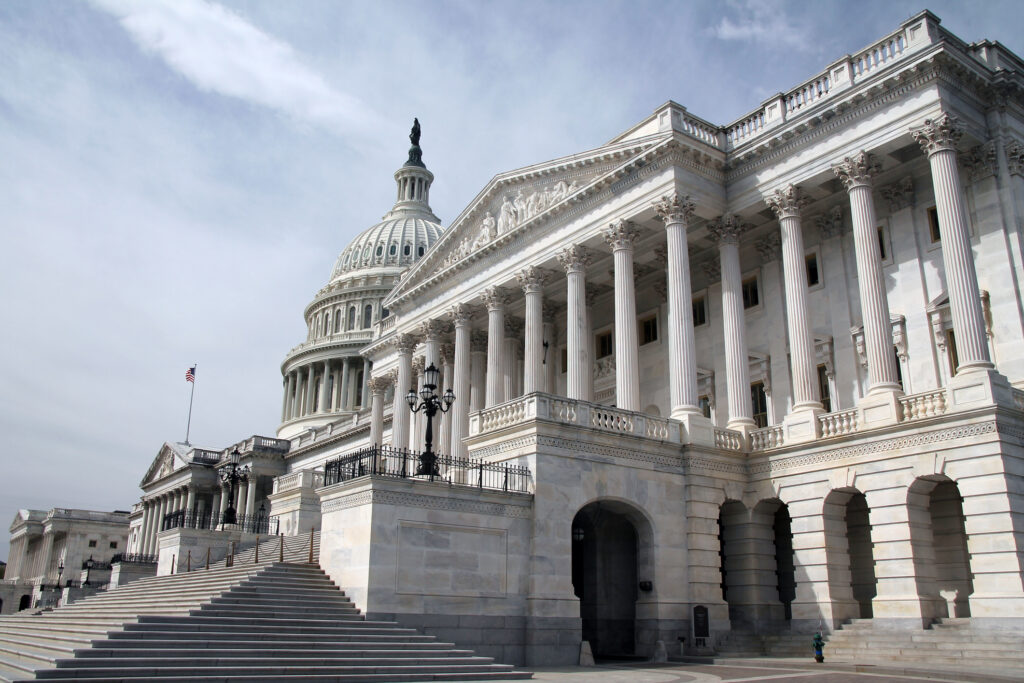Here are some things to things you can do to prepare if and when there is a government shutdown.
Who’s affected
The average American will likely not feel any major day-to-day impacts of the shutdown. However, if you’re a federal employee, you may either be placed on unpaid leave, or (in the case of the armed forces and TSA) required to work without receiving a paycheck.
For Brigit users
If you’re a Brigit user approved for cash advances, we’re here for you. If you have an outstanding advance with us, you can extend your repayment. Just tap “Extend repayment” in the Advances tab in the Brigit app, and select a date that works for you by 3pm ET the business day before your due date.
Need any additional assistance or to set up a payment plan? You can reach us 7 days a week, 24 hours a day at https://www.hellobrigit.com/support, let us know that you have been impacted by the government shutdown and we will do our best to help.
How to prepare for a government shutdown
If you’re concerned about the government shutdown, and wondering how to prepare and protect yourself, here are some steps you can take.
1. Review your budget and cut costs
Take a close look at your budget to see where you can cut back on spending. This will give you more financial flexibility during a shutdown. Brigit’s Finance Helper is a useful tool to help you track your spending by category.
2. Talk to your creditors
If you do have debt, talk to your creditors to see if they’re willing to work with you during a shutdown. Some may be willing to set up a more flexible payment plan that works for you, or waive late fees.
3. Make a plan for your essential expenses
Take a look at your essential expenses, like food, housing, and transportation. Make a plan for how you’ll cover these expenses during a shutdown.
4. Stay informed
Keep up with the latest news about the government shutdown, so you can make informed decisions about your finances.
5. Update your resume and start networking
It’s always a good idea to have your resume updated and to network with people, especially if the shutdown lasts a while and you can’t go long without pay.
More tips for protecting your finances during a shutdown
Avoid taking on new debt and making big purchases
Try to avoid taking on new debt during a government shutdown. This will make it easier to manage your budget and cover your expenses in the event of a missed paycheck.
Cut back on unnecessary expenses
Take a close look at your budget and see where you can cut back on spending. This might mean eating out less, canceling subscriptions you don’t use, or shopping around for better pricing on insurance, gym memberships, and other expenses—or negotiating better prices on the ones you have.
Increase your income
If you can find a way to increase your income during the shutdown, that’s also a helpful way to shore up your finances. You could take on a part-time job, sell unwanted items, or start a side hustle.
Stay organized
Keep track of your income and expenses to make sure you’re staying on budget. This will also help you to spot any areas where you can further cut back on spending.
Government assistance programs
There are a number of government assistance programs available to people who are affected by a shutdown. These programs can provide assistance with food, housing, and other essential expenses.
Here are some examples of government assistance programs that may be available during a government shutdown:
- Supplemental Nutrition Assistance Program (SNAP)
- SNAP gives food assistance to low-income individuals and families.
- Temporary Assistance for Needy Families (TANF)
- TANF provides cash assistance to low-income families with children.
- Low Income Home Energy Assistance Program (LIHEAP)
- LIHEAP offers assistance with heating and cooling costs to low-income households.
- Medical Assistance Program (Medicaid)
- Medicaid provides health insurance to low-income individuals and families.
- Children’s Health Insurance Program (CHIP)
- CHIP provides health insurance to children from low-income families.
The bottom line
A government shutdown can have a significant impact on government workers, their families, and the economy at large. The tips above can help you protect your finances, stay up-to-date on the latest developments, and successfully navigate a shutdown.










